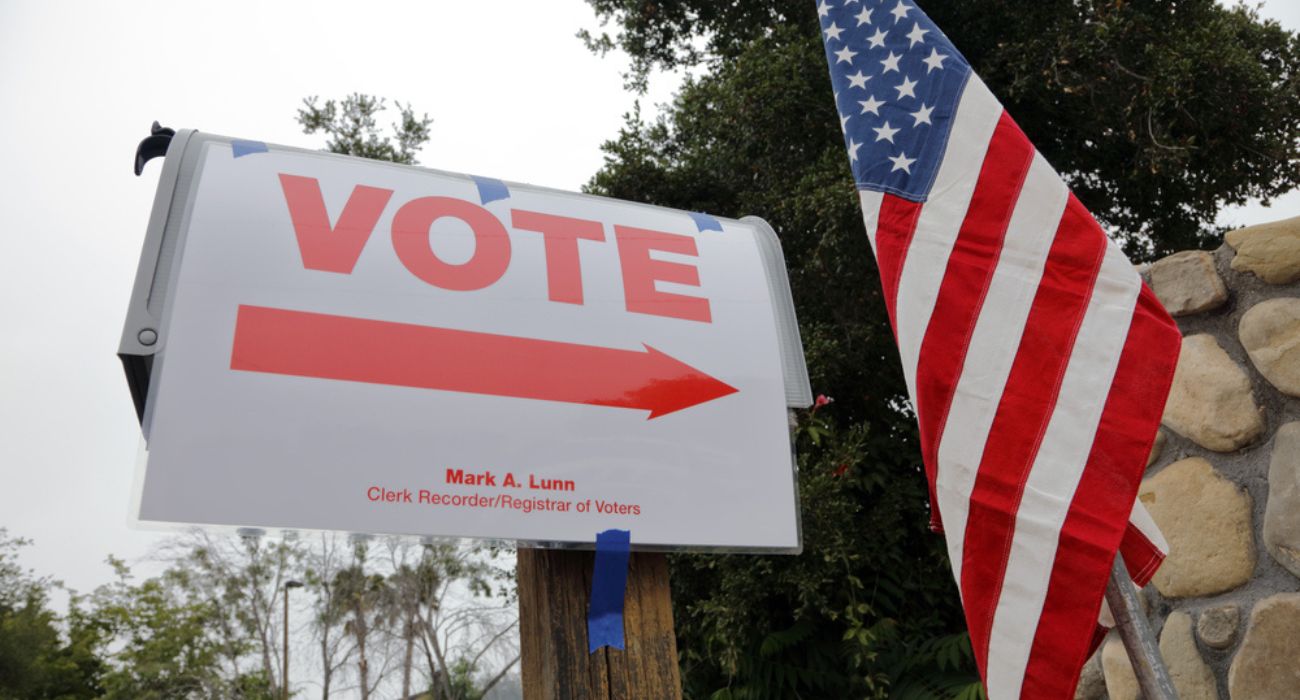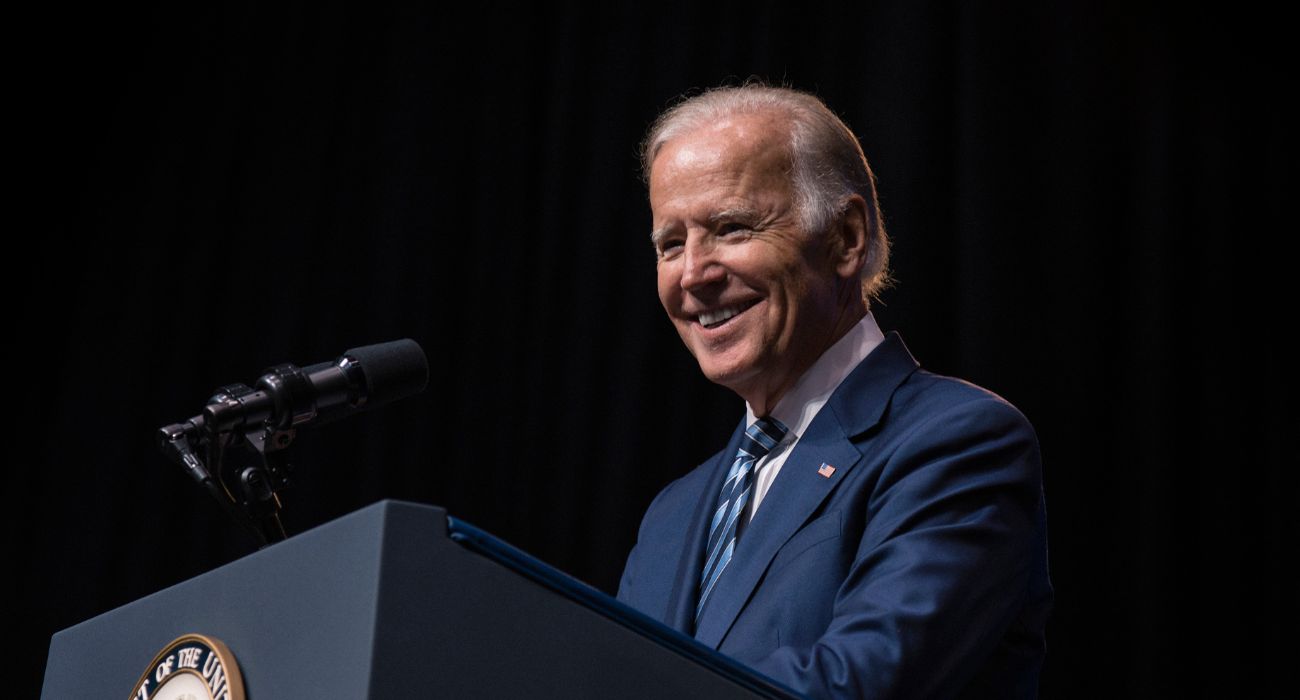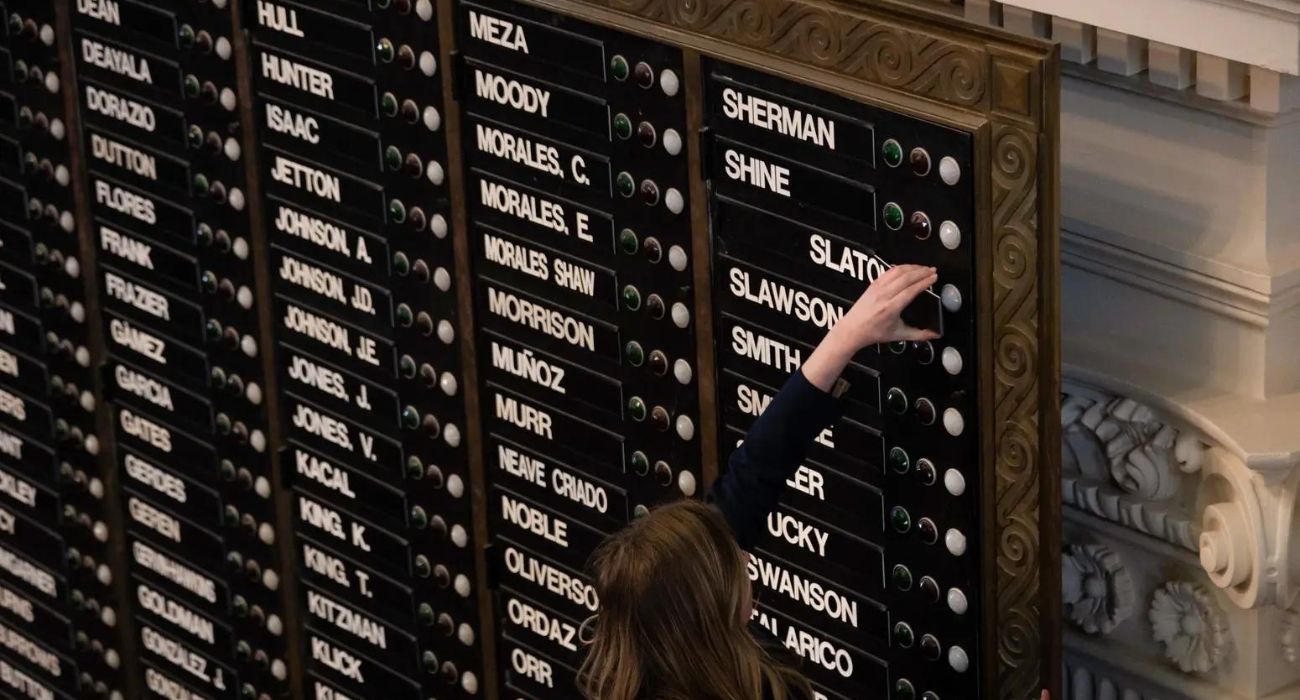Democrat-aligned political groups and nonprofits reportedly spent millions betting big on prospects battling head-to-head against so-called “far right” candidates in the November general election, sparking a new debate about political parties meddling in opponents’ primaries.
As originally reported by OpenSecrets.org, left-leaning political groups spent nearly $44 million boosting the chances of farther right Republican candidates vying for their party’s nomination in California, Colorado, Pennsylvania, Illinois, and Maryland.
The leftist groups’ apparent intention in funneling support to farther right candidates was securing an opponent they assume will be easier for the Democrat candidate to beat in the general election.
A prominent example of this form of interparty influence was in the battle for the Republican nomination for Governor of Illinois.
Allies of Democrat incumbent J.B. Pritzker spent roughly $35 million attacking the more moderate Republican in the race, Aurora Mayor Richard Irvin.
They also reportedly propped up a more conservative candidate, State Senator Darren Bailey.
Bailey was a firebrand Republican who rose to prominence in Illinois politics by supporting a bill that would allow areas surrounding Chicago to secede and form a new state.
In the end, Pritzker’s allies spent more than three times as much on Bailey’s behalf than Bailey himself was able to muster. Bailey won the primary with over 55% of the vote; Irvin finished in third, behind venture capitalist candidate Jesse Sullivan.
Bailey now trails Pritzker in the general election by double digits in almost every poll conducted in the last several weeks.
In another example of the potential success of “shadow party,” campaign contest meddling, Pennsylvania Democrat candidate for Governor Josh Shapiro dropped nearly $1 million in television ads highlighting the positions of Republican candidate and State Senator Doug Mastriano.
As happened in Illinois, Shapiro spent more on his potential opponent’s behalf than Mastriano himself spent. At the time, Mastriano said, “I’m going to have to send him [Shapiro] a thank you card.”
Mastriano won the Republican primary with 43.8% of the vote, besting the moderate choice for his party’s nomination, former U.S. Rep. Lou Barletta, by more than 23 percentage points.
Polling in the race between Shapiro and Mastriano indicates a likely Shapiro victory in the Keystone State.
Although this strategy has ostensibly paid off for Democrats, examples exist of it not having the intended effect on Republican voters’ ultimate primary choices.
In California and Colorado, for example, Democrat spending on a preferred general election matchup did not work out, and Republican voters selected other candidates for their nominees.
For example, in California’s 22nd congressional district, which is considered a toss-up for the general election, Democrats spent over $100,000 on ads supporting the candidacy of Chris Mathys, who has espoused doubts about the validity of the 2020 presidential election.
Mathys was running against Rep. David Valadao, one of the few Republicans who voted to impeach Trump after the events of January 6.
The advertisement, which was paid for by the Democrat-aligned House Majority super PAC, stated, “David Valadao claims he’s Republican ― yet, David Valadao voted to impeach President Trump.”
Despite this interference, Valadao went on to secure the Republican nomination and is on the ballot this November.
Whether this type of overt interference in the nomination process will become more commonplace is yet to be seen, but thus far, the results have been mixed for Democrats in determining which opponent they will face.
If the polling regarding Bailey and Mastriano proves to be off and either is swept into office, it may cause Democrat operatives to reevaluate the interference strategy moving forward.






